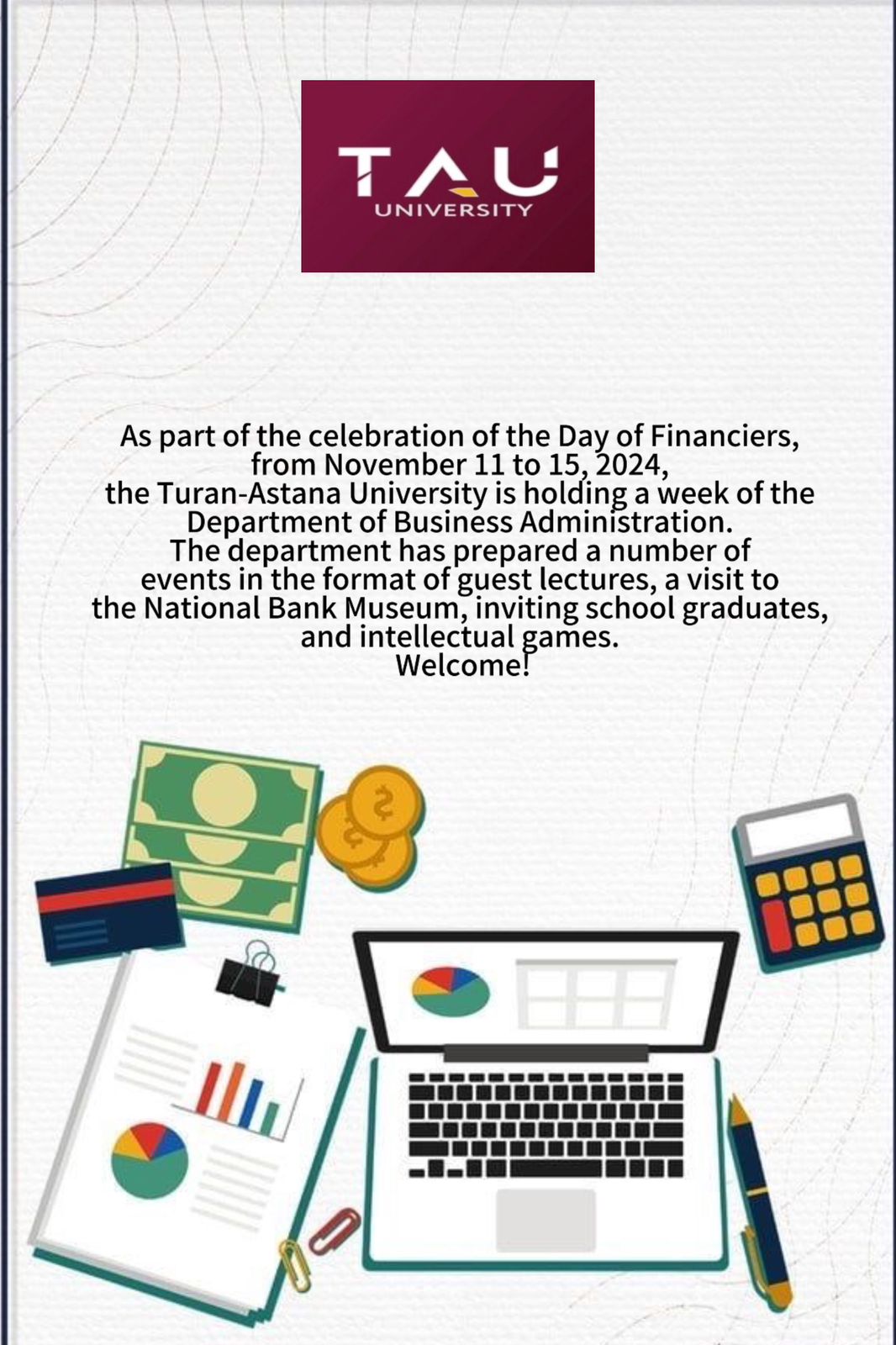Educational work
In a broad pedagogical sense, education is a specially organized, purposeful and controlled influence of the collective, educators on the educated in order to form the desired qualities in him, carried out in educational institutions and covering the entire educational process.
The goals of education, as well as the goals of any human activity, are the starting point in the construction of the entire system of education, its content, methods, principles.
The goal is an ideal model of the result of the activity. The purpose of education is a predetermined idea of the result of the educational process, about the qualities, the state of the personality that is supposed to be formed. The choice of parenting goals cannot be random.
As historical experience shows, the goals of education are formed under the influence of changing needs of society and under the influence of philosophical and psychological - pedagogical concepts. The dynamism and variability of the goals of education are also confirmed by the current state of this problem.
Modern pedagogical practice is guided by two main concepts of educational goals: pragmatic; humanistic.
In a narrow pedagogical sense, education is the process and result of educational work aimed at solving specific educational tasks.
The goal of education is what education strives for, the future, to achieve which its efforts are directed.
Physical education is an integral part of almost all educational systems. Physical education contributes to the development of young people's qualities necessary for successful mental and work activities.
Labor education covers those aspects of the educational process where labor actions are formed, industrial relations are formed, tools of labor and ways of their use are studied. Work in the process of education also acts as a leading factor in the development of personality.
Moral education - forms moral concepts, judgments, feelings and beliefs, skills and behavioral habits that correspond to the norms of society. The moral education of the younger generation is based on both universal values, enduring moral norms developed by people in the process of historical development of society, and new principles and norms that have emerged at the present stage of development of society.
Aesthetic (emotional) rebellion is a basic component of the purpose of education and the educational system, generalizing the development of aesthetic ideals, needs and tastes of pupils. The tasks of aesthetic education can be conditionally divided into two groups - the acquisition of theoretical knowledge and the formation of practical skills. The first group of tasks solves the issues of familiarization with aesthetic values, and the second - active inclusion in aesthetic activity.

